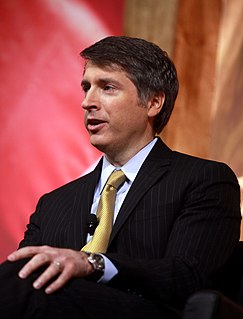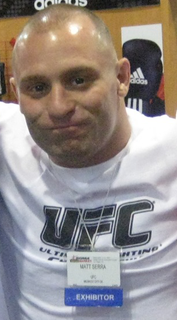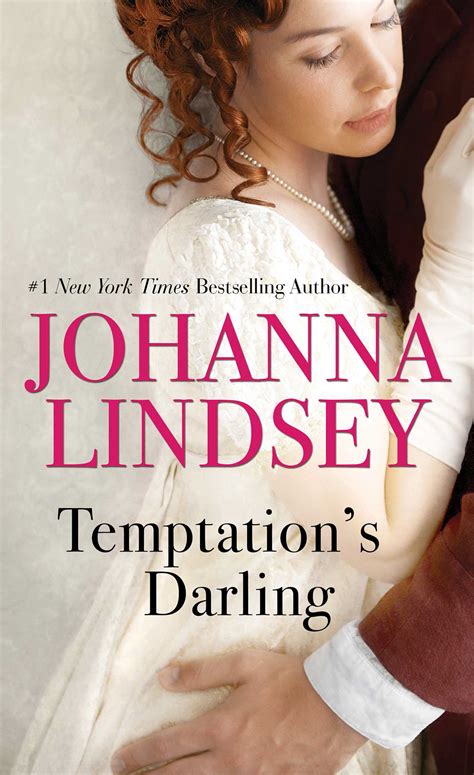A Quote by Rachel Sklar
I don't mind other guys seeing movies I want to see and then writing about them. That's fine, especially when it's the New Yorker's Anthony Lane, because he knows this stuff pretty well.
Related Quotes
I think that anyone who likes writing views 'The New Yorker' as the, you know, pinnacle of the publishing world. If you get 50 words published in 'The New Yorker,' it's more important than 50 articles in other places. So, would I love to one day write for them? I guess. But that's not my sole ambition.
I've been writing for a long time, since the late '60s. But it hasn't been in the same form. I used to write scripts for television. I wrote for my comedy act. Then I wrote screenplays, and then I started writing New Yorker essays, and then I started writing plays. I didn't start writing prose, really, until the New Yorker essays, but they were comic. I didn't start writing prose, really, until the '90s. In my head, there was a link between everything. One thing led to another.
I let people fill in the blanks on their own. If they want to think about their ex, that's fine. If they want to think about maybe who one of my exes is, then that's fine. And it might not be right, because I'm the only one who knows what these songs are really about. It's the one shred of privacy I have in the matter.
I think I became a better writer after I started writing for the New Yorker. Well, I know I did. And part of it was having my New Yorker editor and part of it is that was when I started really going on tour and reading things in front of an audience 30 times and then going back in the room and rewriting it and reading it and rewriting it. So you really get the rhythm of the sentences down and you really get the flow down and you get rid of stuff that's not important.
Anthony: Now lower your dress a little- Roslynn: Anthony! Anthony: This is no time for offended modesty... You're the distraction. Roslynn: Och, well, in that case. Anthony: That's quite low enough, my dear... Roslynn: I was only trying to help, Anthony: Commendable, but we want the chap to ogle you, not bust his breeches.
Another example of what I have to put up with from him. But there was a time I was mad at all my straight friends when AIDS was at its worst. I particularly hated the New Yorker, where Calvin [Trillin] has published so much of his work. The New Yorker was the worst because they barely ever wrote about AIDS. I used to take out on Calvin my real hatred for the New Yorker.
One question about a joke is, how well is the strangeness of the situation resolved? At 'The New Yorker', we retain a lot of incongruity, tapping the playful part of the mind - Monty Python-type stuff. We also try to use humor as a vehicle for communicating ideas. Not editorial comment, but observation.




































